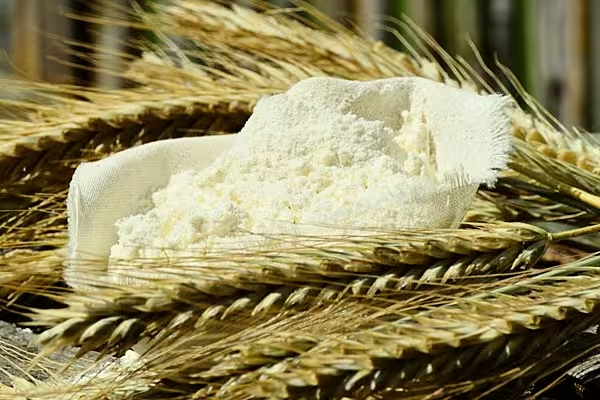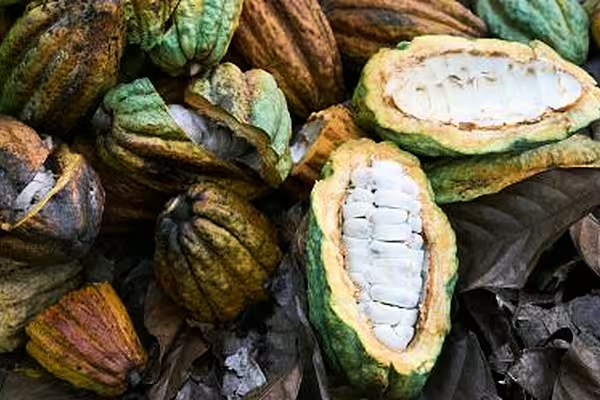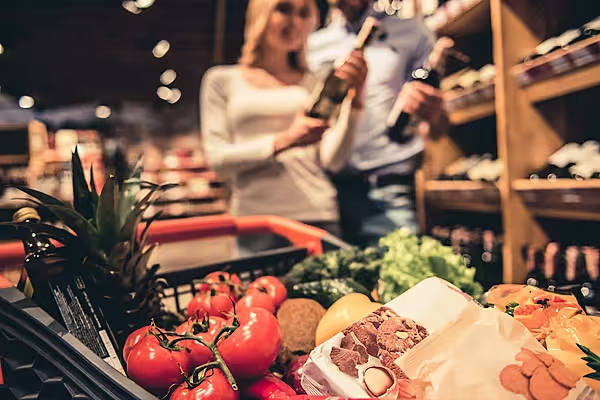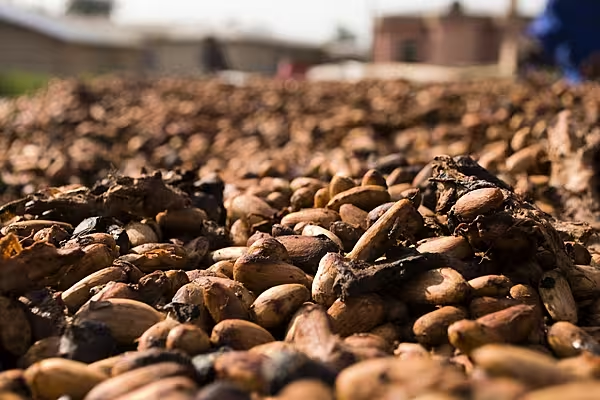Ukraine has sent around 80,000 tones of grains to the Romanian Black Sea port of Constanta so far, with more expected to arrive, the port's manager said on Tuesday.
Ukraine's sea ports have been blocked since a Russian invasion two months ago and the country, a major agricultural producer, has been forced to export by train via its western border or via its small Danube river ports into Romania.
European Union member Romania shares borders of the Black Sea - a major shipping artery for grain and oil - with Bulgaria, Turkey, Georgia and Ukraine.
"There are around 80,000 tonnes of grains which have already arrived, they are stored in silos, a part of them were loaded on ship," Florin Goidea, port manager, Constanta told Reuters.
"Another roughly 80,000 tonnes are approved and en route."
The grains arrived either by rails or on barges through the Danube river, Goidea said, adding the port had the capacity to handle exporting additional grains exports.
The port, which has a storage capacity of around 2 millions tones handled exports worth some 24 million tonnes last year.
Port Services
Earlier this month, Transport Minister Sorin Grindeanu said the government, which has waived port services fees for Ukrainian cargo, plans to re-open a Soviet-era train track at its port of Galati on the Danube river, which would help speed up grain transports. It was unclear when the track, which needs rehabilitation, would re-open.
Ukraine's railway network uses a Russian gauge measuring roughly 1.5 metres, or some 10 centimetres more than the tracks used in most of Europe.
Border Guards
On Monday, analyst APK-Inform said Ukrainian border guards last week closed several shipping lanes at the mouth of the Danube river due to drifting mines in the Black Sea.
But speaking in Romanian capital Bucharest last week, Ukraine's Foreign Minister Dmytro Kuleba said this was a chance to boost Danube infrastructure and trade routes.
"This is the real big chance for Danube river to become even more economically profitable, important and to better connect Black Sea region countries with western European countries in terms of trade," he said.
News by Reuters, edited by Donna Ahern, Checkout. For more supply chain stories, click here. Click subscribe to sign up for the Checkout print edition.









